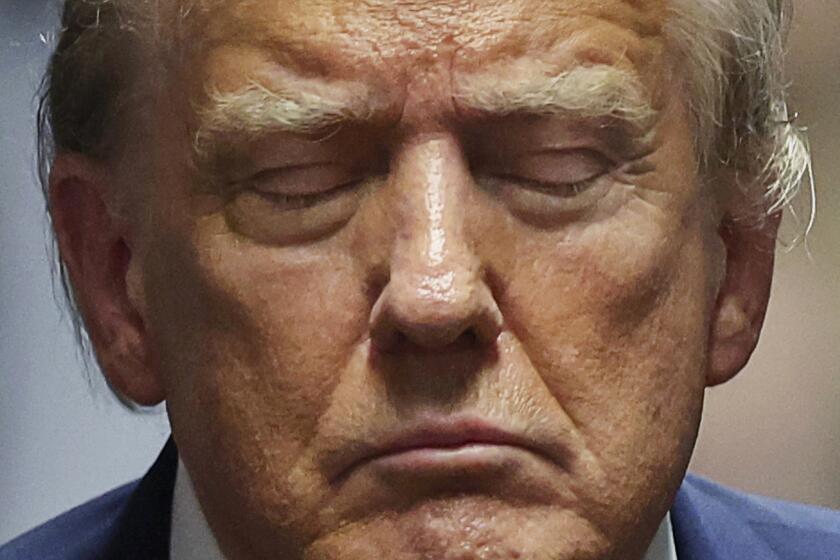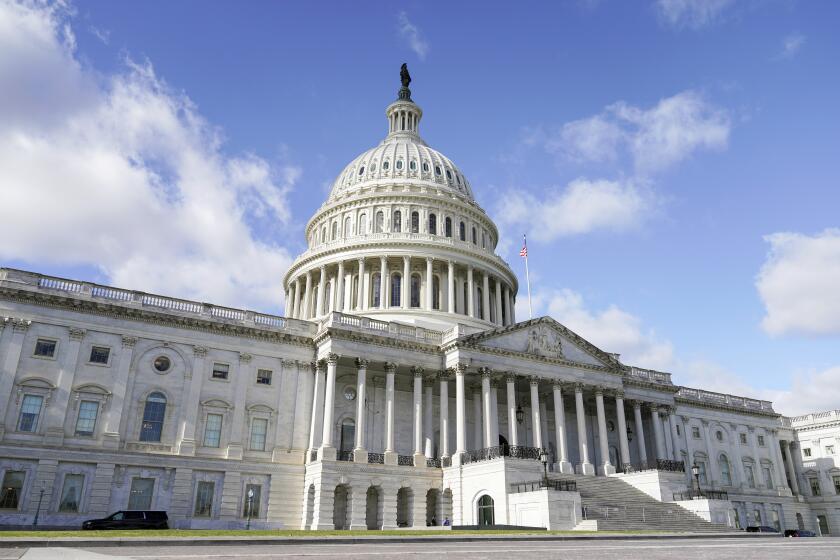Florida to Focus on Malpractice Insurance
Gov. Jeb Bush is calling the state Legislature into special session on Tuesday to take up a measure aimed at making malpractice insurance more affordable for doctors.
Bush joined Senate and House leaders on Friday to announce that lawmakers had agreed on a wide-ranging bill that legislative leaders said would pass at the special session.
The proposal -- an effort to keep physicians from fleeing the state -- would limit doctors’ liability in malpractice lawsuits in most cases to $500,000 in noneconomic damages, such as pain and suffering.
It would allow victims to collect as much as $2.5 million by suing other medical providers and would also have significantly lower limits for doctors in emergency rooms.
The measure wouldn’t cap economic damages -- such as the cost of medical care or lost wages.
Doctors across the state have said they cannot continue to pay the cost of the skyrocketing premiums and warned that they may close their offices and move out of state.
The issue is a big enough problem nationally that Congress has considered limiting damages in malpractice cases, although it has been unable to agree on the issue.
Hundreds of physicians have cut back their practices, according to the Florida Medical Assn., and have done so either by taking fewer patients, doing less risky procedures or getting out of practicing medicine altogether.
In February, 300 doctors and health-care workers closed their offices in St. Augustine to protest the malpractice insurance rates.
John Thrasher, who is a lobbyist for a coalition of health-care interests that pushed for the lawsuit limits, said doctors and hospitals would have to wait and see before knowing whether any new measure would give them the relief they are seeking.
Still, opponents were dismayed.
“People’s constitutional rights and remedies are being impaired,” said Neal Roth, a malpractice attorney who has been one of the trial bar’s chief lobbyists against caps.
Roth said the measure would likely be challenged in court as unconstitutional if it passes the Legislature.
More to Read
Get the L.A. Times Politics newsletter
Deeply reported insights into legislation, politics and policy from Sacramento, Washington and beyond. In your inbox three times per week.
You may occasionally receive promotional content from the Los Angeles Times.






